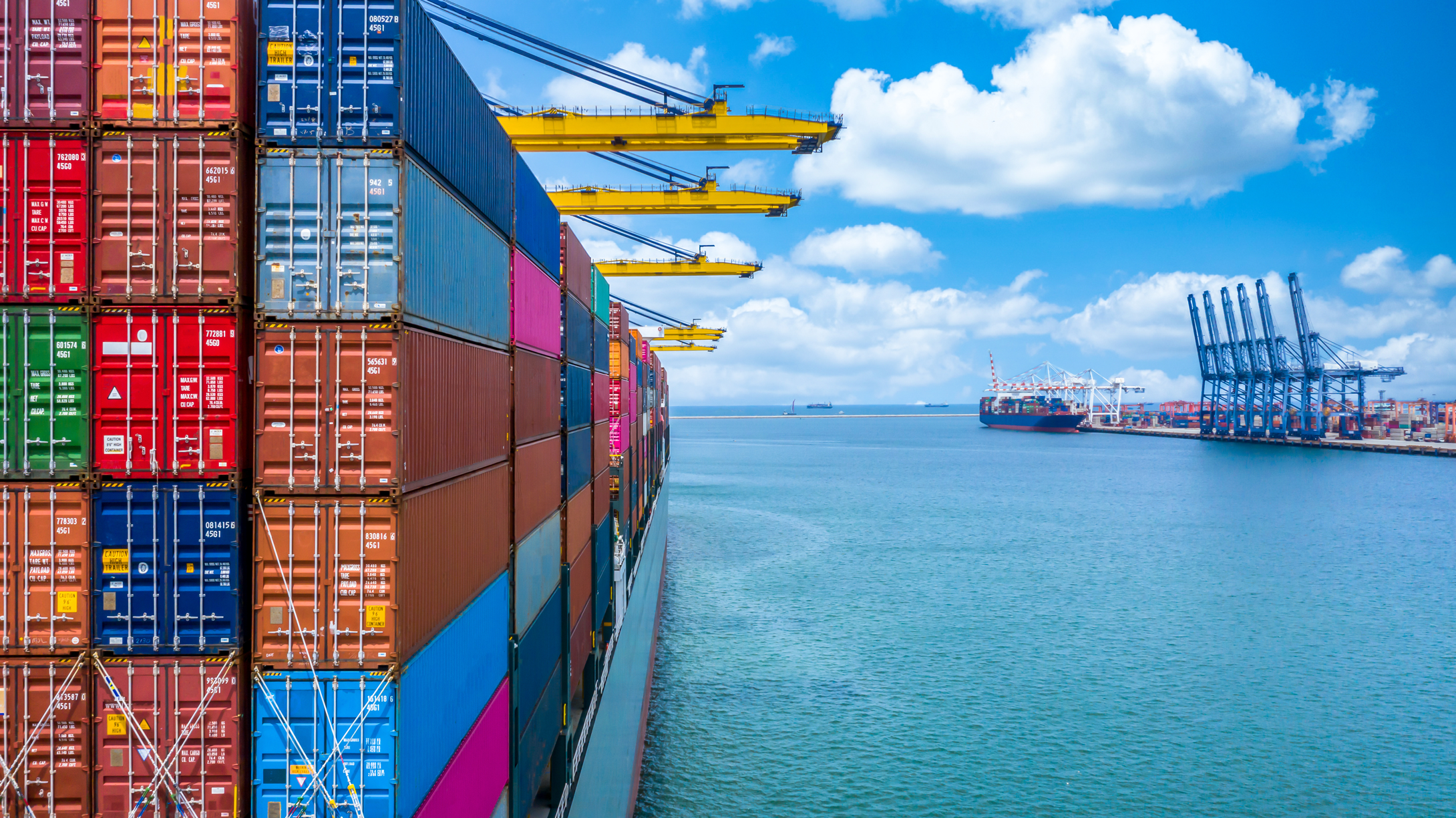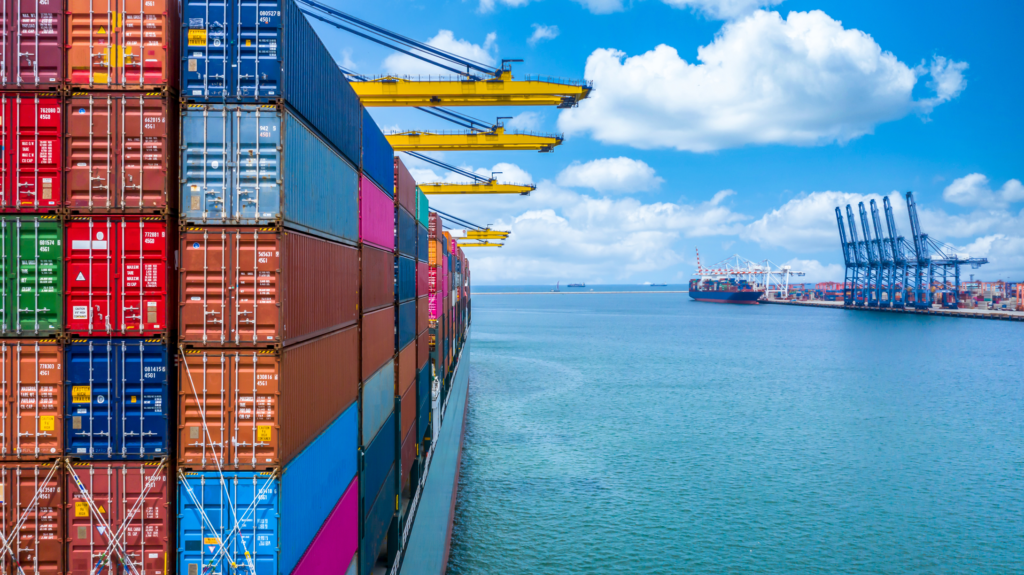
Image: Adobe Stock
Brazilian exports influenced meat prices on the domestic market. The analysis is in the Agricultural Situation Bulletin for the week of June 16th to 22nd. The document was prepared by technicians from the Department of Rural Economy (Deral), the State Secretariat for Agriculture and Supply (Seab).
The price of pork to consumers increased by around 5% in the accumulated period from January to May 2023 when compared to the average price in 2022. In part, what explains this scenario is an increase in pork exports by Brazil. More than 473 thousand tons were exported in the first five months of this year, a volume 16% higher than in the same period in 2022.
{module Form RD}
However, according to Deral's analysis, the scenario should change with the expected adjustment in supply in a short space of time. Last week it was found that wholesale pork prices dropped by almost 10% and part of this should be passed on to the end consumer. The cost of pork production also fell by more than 12% in 2023, which should contribute to lower retail prices.
Regarding beef, the bulletin analyzes Brazilian exports, which registered a drop of 9.5% between January and May 2023 compared to the same period in 2022. Among the factors that explain this decrease is the interruption of purchases by China, the main importer of Brazilian protein, which occurred in February. The embargo also negatively affected the price of the arroba, which showed successive daily drops in recent months.
According to the bulletin, in May, the average prices paid to chicken, beef and pork producers in Paraná fell compared to the previous month, respectively, 1.9%, 7.5% and 8.1%. On the other hand, eggs and milk registered an appreciation of 2.2% and 3.2%.
In May, producers received, on average, R$ 4.77 per kilo of chicken, R$ 255.38 per arroba beef, R$ 6.10 per kilo of pork, R$ 179.95/30 dozen large eggs and R$ 2 .92 for a liter of milk.
BEANS AND WHEAT – With the improvement in the weather starting last Thursday, bean harvesting work resumed, which reassures producers after last week, which did not allow this practice due to the rains in Paraná.
According to Deral's latest survey, around 76% of the 299 thousand hectares planted with beans have already been harvested. Except for last week, the weather conditions are considered satisfactory, which contributed to obtaining an excellent quality product.
According to research and producers, weather conditions at the beginning of the harvest were unfavorable and resulted in lower yields. However, production of the second harvest is expected to exceed 500 thousand tons, which contributes significantly to the supply of the product in the coming months.
Wheat planting increased by just 1 percentage point last week, reaching 83% of the estimated area. According to Deral, this small advance is explained by the high frequency and good volume of rain in the period. Despite hindering the progress of the sowing work, the rainfall was excellent for the previously installed crops, as well as for moistening the soil and creating conditions for planting in the following weeks.
FLORICULTURE - The document provides information on flower production in Paraná, which, although it has a small share compared to the power of the state's agricultural business, reached R$ 176.6 million in the preliminary report of the Gross Value of Agricultural Production (VBP) for 2022.
Lawns and ornamental perennials represented 73.4% of the VBP of the segment's products. Orchids and chrysanthemums contributed 9.1% and 4.8% of the financial total, respectively. The bulletin also highlights that on June 28th and 29th, the Paraná Flowers and Ornamental Plants Workshop will take place in Maringá – a major hub in the sector.
CORN - As for corn, the bulletin informs that Paraná exported 1.5 million tons of the cereal in the first five months of 2023, a volume 125% greater than in the same period of 2022. The financial income obtained by exporters totaled 431 million dollars, an increase of 111%.
TURKEYS – According to Agrostat Brasil, in the first four months of 2023, national exports of turkey meat reached 21,058 tons, resulting in a foreign exchange inflow of around US$ 57.776 million. Thus, there is an increase of 45.8% in volume (14,446 tons) and a 34.1% increase in foreign exchange revenue (US$ 43.098 million) over the previous year.
Source: Notícias Agrícolas











